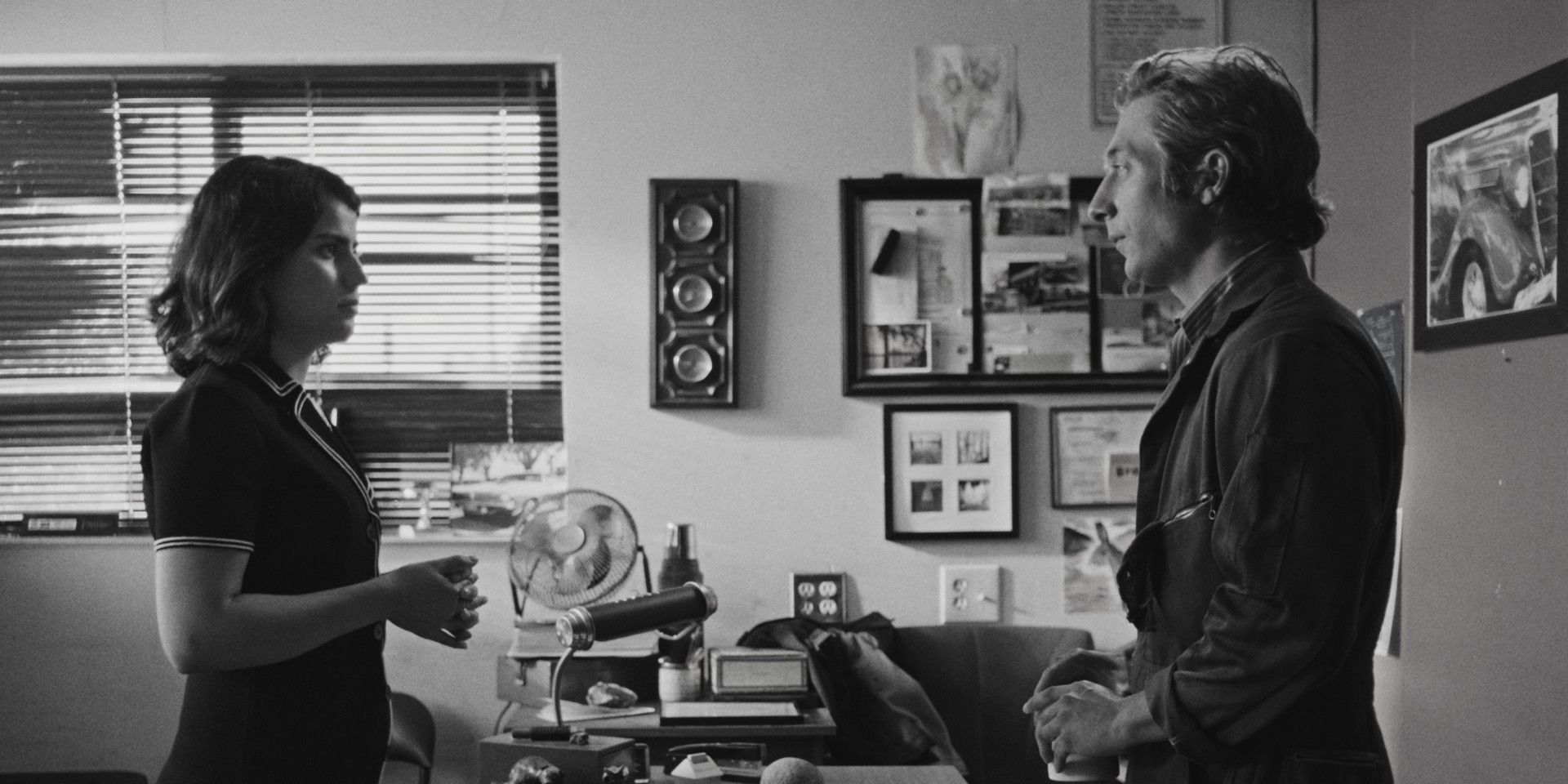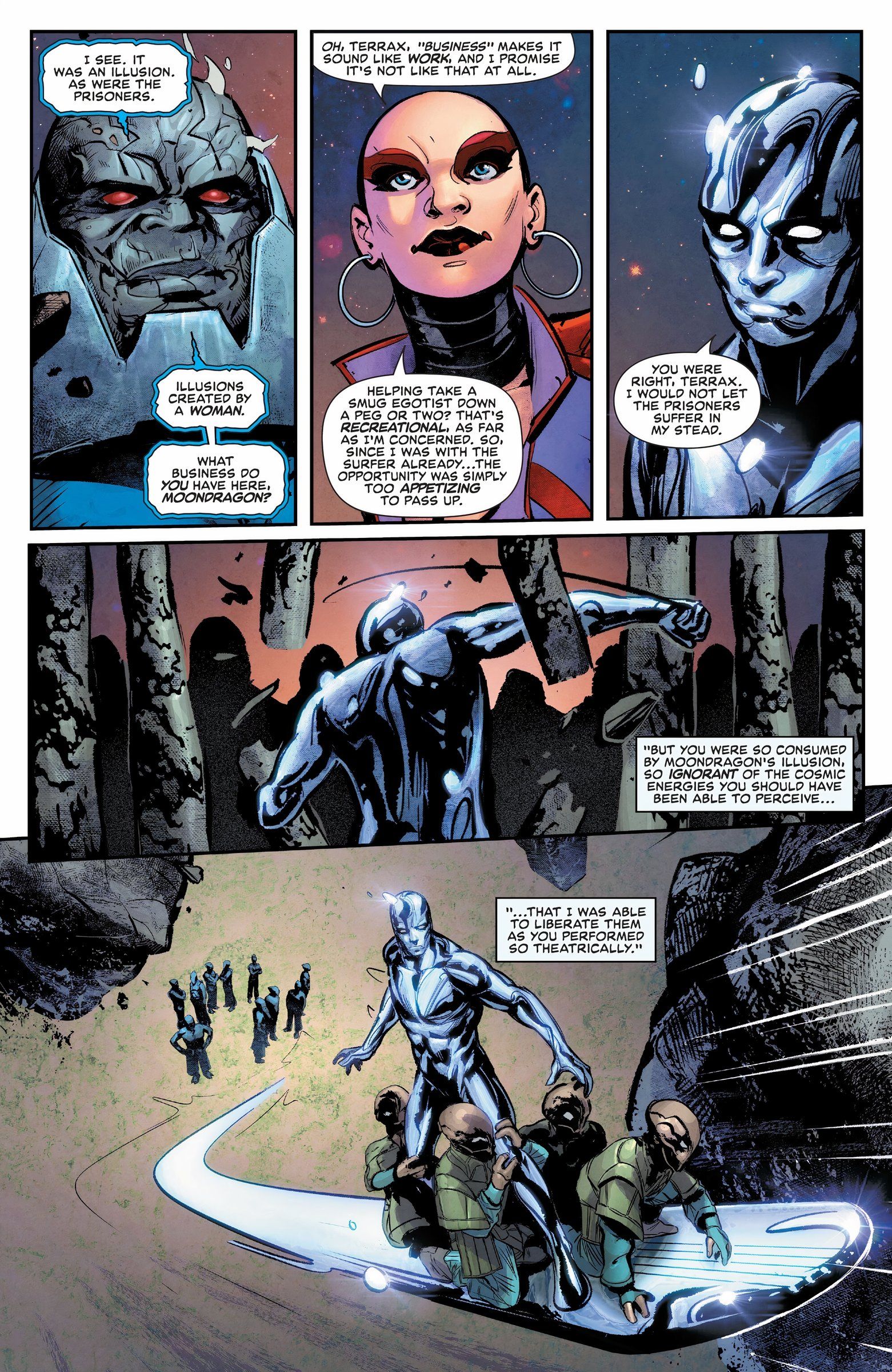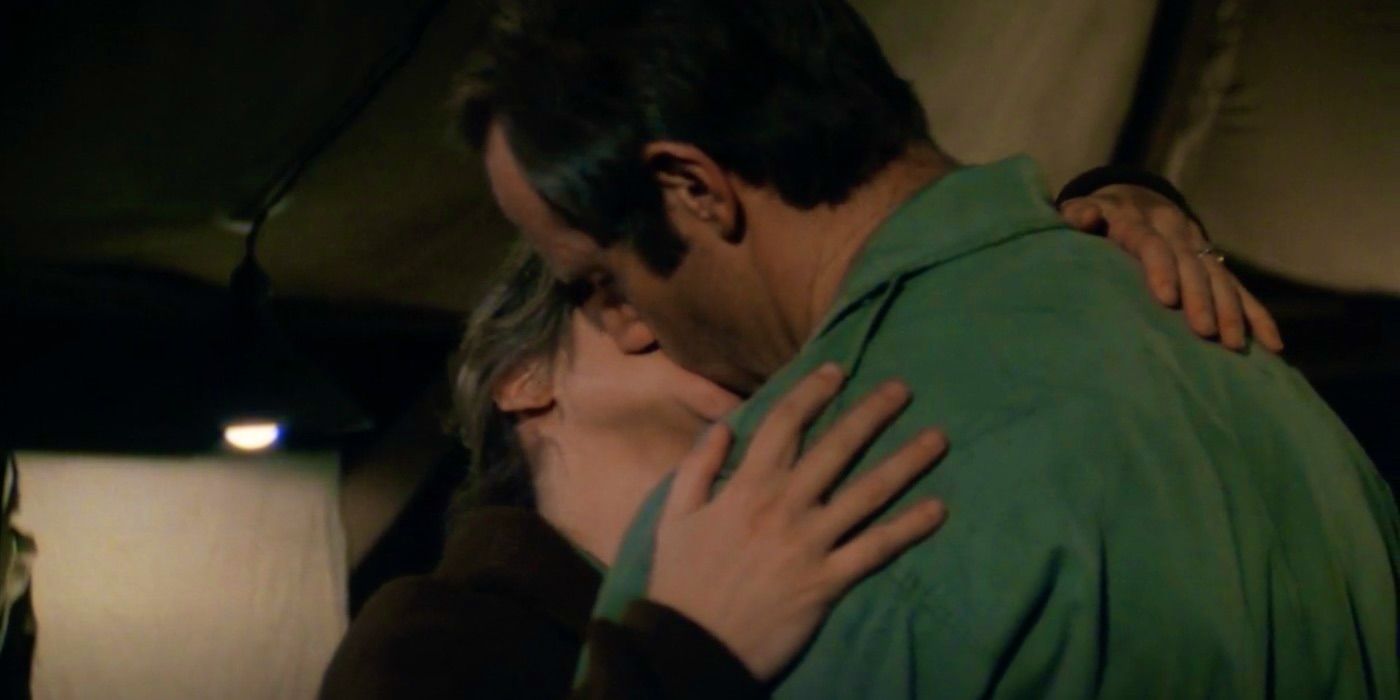Editor’s note: This piece was written during the 2023 WGA and SAG-AFTRA strikes. Without the labor of the writers and actors currently on strike, the movie being covered here wouldn’t exist.
Quiet and slow, but no less affecting for it, director and co-writer Babak Jalali’s Fremont is an interesting sort of character study. In depicting the life of an Afghan refugee starting over in California, the movie eschews spectacle for a more thoughtful approach that lingers more than it moves. Somewhat similar to this year’s Past Lives (and yet also vastly different), Fremont sits in its main character’s life and takes the time and care to properly know her, even when she keeps her true feelings close to her chest. Those willing to embark on Fremont‘s modest, gently heartbreaking journey will find themselves rewarded by what it has to offer.
Donya (Anaita Wali Zada) lives by herself in a small apartment in Fremont, California, having moved there without her family after the Taliban returned to Afghanistan. She works at a factory making fortune cookies, and the monotony of her everyday existence is reflected in the repetitive process of folding and bagging the small pastries. Donya can’t sleep, though she insists it isn’t a result of PTSD when her new psychiatrist (Gregg Turkington) presses her for information, certain she must be grappling with something more. In an impulsive moment, Donya encloses a special message in one fortune cookie that leads her to a surprising connection with an equally lonely mechanic (The Bear‘s Jeremy Allen White).

Though the note Donya puts in a fortune cookie could be considered the biggest plot point, Fremont treats it with little theatricality. The same can be said for the rest of the movie, as Jalali keeps things at a quiet, contemplative level. With cinematographer Laura Valladao favoring steady, unflinching shots that hold on a person’s face for long intervals (and are in the 4:3 aspect ratio), Fremont doesn’t rush through anything. More impatient or antsy viewers might find themselves bored by this approach, but there’s something to be said about a movie that keeps its focus so centered. Fremont alludes to the traumatic things Donya likely experienced before leaving Afghanistan, but it never takes an exploitative view. This is undoubtedly an immigrant story, but there is more to Donya than the circumstances that forced her to leave her home. Fremont is partially an exploration of loneliness, capturing Donya’s tentative, then more active steps into finding a genuine bond with someone else.
In her first onscreen credit, Zada conveys so much for a character who doesn’t always say much. Donya initially keeps to herself and only seeks out a psychiatrist because she wants pills to help her sleep. Over the course of Fremont, though, she gradually seems to see the appeal in company, and Zada perfectly portrays that careful shift. There’s no sudden, dramatic realization; instead, Donya’s development is treated as the natural change that comes from settling into a new, unfamiliar world, as she has through her move to California. Jalali depicts the shifts in Donya through soft, unobtrusive moments. One of the best comes during a night when Donya is spending time with her co-worker Joanna (Hilda Schmelling). Joanna sings the folk song “Diamond Day,” an earnest ode to simple living, and when the camera returns to Donya, Zada’s heroine is silently crying. Not much is said about this, but it speaks greatly to Donya’s character and her experiences in the world.

Lest one think Fremont is stiflingly serious, Carolina Cavalli and Jalali’s script injects subtle, at times piercing humor that somehow manages to not be at odds with the movie’s heart. Donya is Fremont‘s center, but her surroundings are populated by supporting figures who each make an impact, even with very little characterization to speak of. As Dr. Anthony, whose means of getting Donya to open up include frequently referencing the novel White Fang, Turkington deftly weaves in genuine care with the psychiatrist’s heavy-handed methods that border on offensive. White is perhaps the biggest name in Fremont, yet his part is sweetly understated. A simple mechanic who Donya meets by chance, White’s Daniel seems shockingly similar to the protagonist, even if their backgrounds couldn’t be more different. The conversation between Donya and Daniel is one of the movie’s highlights, and White and Zada play the blossoming connection incredibly well.
Fremont excels as a slow burn character study, carefully exploring the immigrant experience by avoiding clichés and rehashed trauma. Zada proves herself to be a noteworthy talent through her portrayal of the fascinating, ever-evolving Donya. There are viewers who may mistake the movie for something lesser-than because of its lack of urgency or old-fashioned approach (it is, after all, in black and white). However, Fremont has something vital to say about humanity and how we connect with others, and that ultimately makes it a worthwhile watch.
Fremont is now playing in select cities. It is 92 minutes long and not rated.





